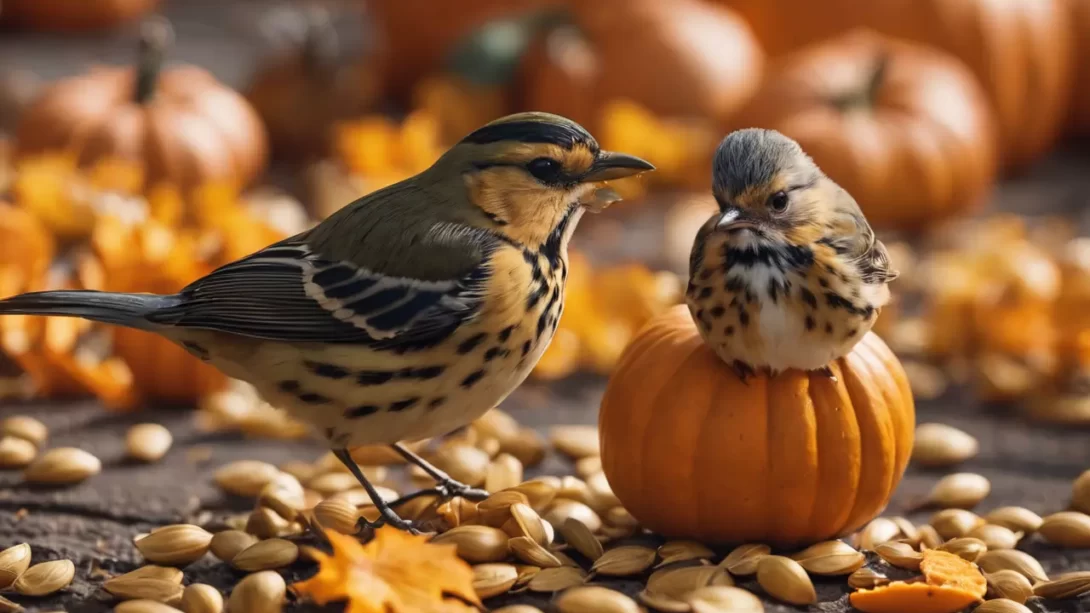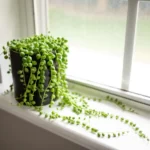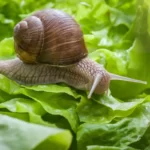Feeding birds is a delightful activity for many nature enthusiasts, and pumpkin seeds are often considered as an option for bird feed. These seeds are not only popular among humans for their nutritional value but also pique the interest of bird feeders. However, understanding what foods are safe and beneficial for birds is crucial. This article explores whether pumpkin seeds are a suitable choice for feeding backyard birds and how they can contribute to a bird’s diet.
Nutritional Value of Pumpkin Seeds
Pumpkin seeds are a nutritious snack, rich in fats, proteins, vitamins, and minerals. For birds, these seeds can be an excellent energy source, especially during the colder months when birds require more calories to maintain their body heat. The high protein content is beneficial for feather health and growth, particularly during molting periods. Additionally, the fats in pumpkin seeds provide essential fatty acids, which are crucial for overall health and vitality in birds.
Preparing Pumpkin Seeds for Birds
If you decide to feed pumpkin seeds to birds, it’s important to prepare them correctly. The seeds should be unsalted and unseasoned, as added flavors and salt can be harmful to birds. It’s best to use plain, raw pumpkin seeds. You can offer them whole, or for smaller bird species, you might consider breaking them into smaller pieces.
To clean the seeds, simply rinse them in water to remove any residual pumpkin flesh. This step is important as the flesh can rot and potentially harbor harmful bacteria. After rinsing, you can either let the seeds dry and offer them raw, or you can roast them lightly without adding any salt or oil. Roasting can help make the seeds crunchier and more appealing to some birds.
Best Ways to Offer Pumpkin Seeds to Birds
Once prepared, there are several effective ways to offer pumpkin seeds to your feathered visitors. One common method is to scatter the seeds on a clean, flat surface, such as a bird table or a ground feeding station. This allows birds easy access and the ability to select seeds at their leisure. Alternatively, pumpkin seeds can be placed in a bird feeder, especially one designed for larger seeds, to keep them contained and accessible.
For a more interactive experience, you can create DIY bird feeders using natural materials. For instance, stringing pumpkin seeds onto a thread and hanging them from tree branches can attract birds and provide them with both food and a bit of foraging fun. Another creative idea is embedding pumpkin seeds in suet cakes or mixing them with other bird-friendly seeds in a homemade seed mix.
Bird Species That Enjoy Pumpkin Seeds
Not all bird species will be interested in pumpkin seeds, but many enjoy them as a part of their diet. Larger birds such as jays, cardinals, and grosbeaks are typically more adept at handling and cracking open the seeds. Ground-feeding birds like sparrows and doves may also appreciate pumpkin seeds scattered in open areas.
It’s important to observe the bird species that visit your garden and note their feeding habits. This will help you tailor your bird-feeding practices to suit the preferences and needs of your local avian population. By providing a variety of seed types, including pumpkin seeds, you can cater to a wider range of birds and encourage a diverse array of species to visit your yard.
Safety and Precautions
While pumpkin seeds are generally safe for birds, there are a few precautions to consider. First, ensure that the seeds are free from mold or spoilage before offering them to birds, as moldy seeds can be harmful. It’s also important to regularly clean bird feeders or feeding areas to prevent the buildup of old seeds and shells, which can attract pests or become breeding grounds for bacteria.
In addition, be mindful of the quantity of seeds you provide. Excessive amounts of pumpkin seeds, especially if they are the sole food source, might lead to an unbalanced diet for the birds. Integrating pumpkin seeds with a mix of other bird seeds can provide a more balanced nutritional profile.
Alternative Foods for Birds
To complement pumpkin seeds and provide a well-rounded diet for backyard birds, consider offering a variety of other foods. Sunflower seeds, millet, niger seeds, and peanuts are excellent choices that cater to different bird species. Fresh fruits like apples, oranges, and berries can also be a hit, especially with fruit-loving birds.
For birds that eat insects, providing mealworms or a suet mix can offer the necessary protein content. It’s beneficial to research the specific dietary needs and preferences of the bird species in your area to ensure that you’re meeting their nutritional requirements.
Conclusion
Pumpkin seeds can be a nutritious and enjoyable addition to the diet of many backyard birds. By preparing them properly and offering them alongside a variety of other foods, you can provide a diverse and balanced diet for your feathered visitors. Regular maintenance of feeding areas and mindful consideration of the types and quantities of food offered will ensure that your backyard becomes a safe and attractive haven for a variety of bird species. Enjoy the pleasures of bird watching and the satisfaction of knowing you’re supporting the local wildlife in a healthy and responsible way.



